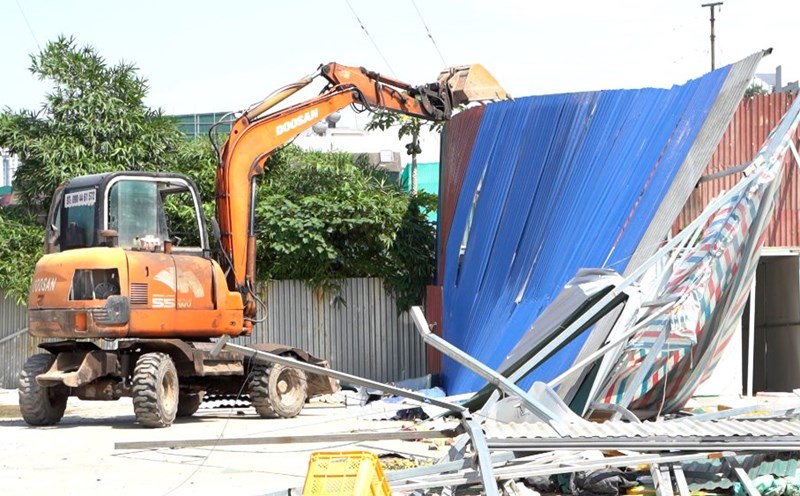Russia's liquefied natural gas (LNG) exports in October increased near record levels, showing that the world is struggling to curb dependence on major suppliers ahead of the winter - Bloomberg said.
In October, Russia's LNG exports increased 1.1% year-on-year, to their highest level since March, according to ship tracking data compiled by Bloomberg since 2016.
This is in complete contrast to the sharp reduction of pipeline gas from Russia to Europe after relations between Moscow and the EU deteriorated due to the conflict in Ukraine.
Data shows that Russia's top LNG importers are France, China and Japan, although nearly half of the gas on board is still being transported.
There are currently no direct sanctions on Russian LNG, but the increase in exports shows that demand for this fuel is still large in preparation for the cold winter.
Some utility companies and the government are temporarily suspending additional purchases or completely stopping imports of LNG from Russia. The UK has not imported since the Russia-Ukraine conflict began in February and will officially ban imports from January next year.
Meanwhile, customers in China have increased their purchases of Russian LNG to take advantage of discounts for the spot market.
Iran signs $40 billion deal with Russian gas giant
In December, Iran is expected to sign an energy deal with Russian gas giant Gazprom, worth about $40 billion.
We have signed a deal worth about $6.5 billion with Gazprom. We hope that the remaining deals with a total value of $40 billion will be signed next month. The negotiations are underway, Irans ISNA news agency quoted Mahdi Safari, Irans Deputy Foreign Minister for Economic Affairs, as saying on November 2.
The deal comes as Russia and Iran expand bilateral cooperation, including energy and trade cooperation, with the common goal of cooperating with each other to offset Western sanctions.
Earlier this week, Russia and Iran agreed to sign a free trade agreement with the Austrian Economic Union, Russian Deputy Prime Minister Alexander Novak said on November 1.
We have also agreed to remove all current barriers on the path of bilateral trade development. We are talking about reducing barriers at the border with third countries. We have agreed to sign a free trade zone agreement between Iran and the Asian Economic Union in the near future, Deputy Prime Minister Novak said at a Russia-Iran forum.
Mr. Novak also said that Russia has begun to supply oil products to Iran under swap agreements. Russia-Iran relations, both economically and geopolitically, are strategic in nature, Novak added.
Iranian Oil Minister Javad Owji said that the public and private sectors in both countries are looking to "inactive the sanctions".
For his part, Deputy Prime Minister Novak said that Russian investments in Iranian oil fields will increase.





